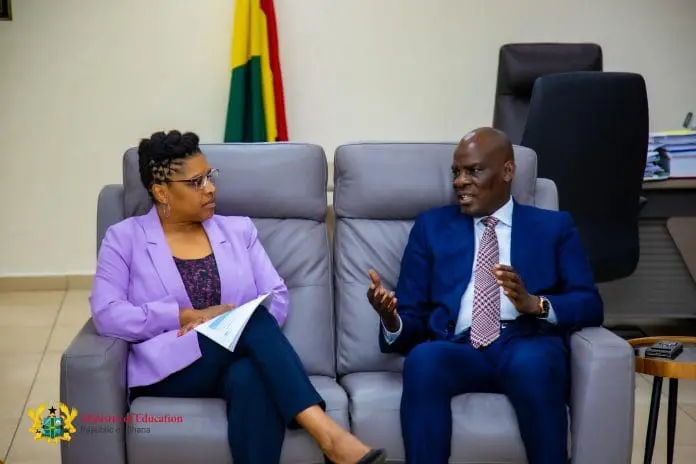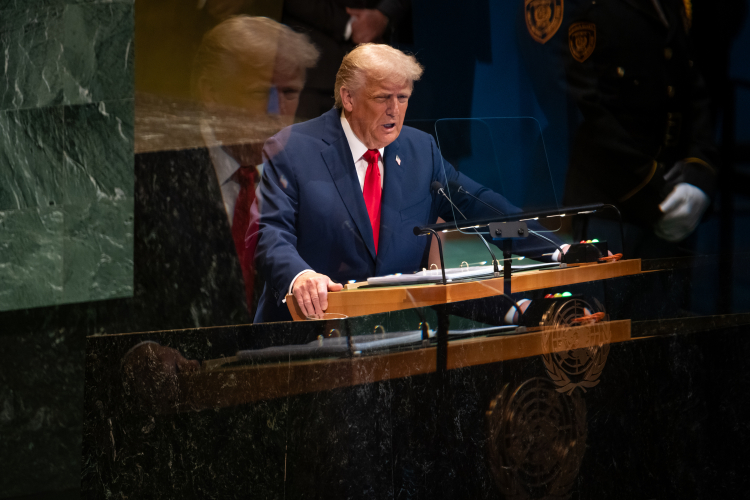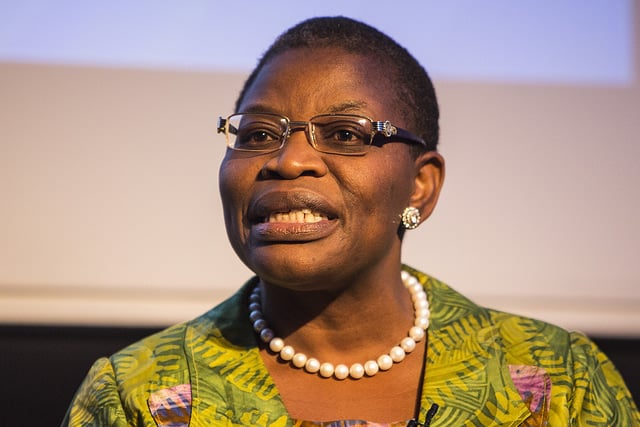By Canadian High Commissione,Ghana News
Copyright ghananewss

Education Minister Haruna Iddrisu has secured a major international commitment as Canada pledged C$30 million to support youth competency-based training and Technical and Vocational Education and Training (TVET) in Ghana, marking a significant boost to the country’s skills development agenda.
The announcement came during a high-level courtesy call by Canadian High Commissioner to Ghana, Her Excellency Myriam Montrat, on the Minister at his office in Accra, signaling strengthened bilateral cooperation in human capital development.
Iddrisu, who assumed the education portfolio in January 2025 under President John Mahama’s administration, expressed profound gratitude for Canada’s sustained support to Ghana’s development trajectory, particularly in educational advancement.
The Minister emphasized how the partnership aligns with Ghana’s broader educational transformation goals, describing Canada’s commitment to poverty alleviation and education as remarkable. He highlighted the mutual benefits Ghana has derived from the longstanding relationship between the two Commonwealth nations.
High Commissioner Montrat outlined Canada’s strategic focus on skills development and youth empowerment, noting that the investment aims to position Ghana’s workforce for global competitiveness. “Our focus is to support Ghana in developing a skilled workforce that can compete globally,” she stated during the meeting.
The Canadian commitment comes at a crucial time when Ghana is prioritizing technical and vocational education as a pathway to industrial transformation and youth employment creation. The funding will specifically target competency-based training programs designed to address skills gaps in key economic sectors.
Iddrisu welcomed the substantial financial commitment, emphasizing that strengthening technical education forms the foundation of Ghana’s educational transformation strategy. He expressed optimism about deepening the partnership with Canada to maximize the impact of such investments on the country’s human capital development.
The meeting concluded with both parties reaffirming their shared vision of delivering inclusive, quality education that equips young people with future-ready skills. This collaboration represents a significant milestone in Ghana’s efforts to align its education system with modern economic demands.
Canada’s investment builds on existing international partnerships supporting Ghana’s education sector, including collaborations with the Global Partnership for Education and other development partners committed to educational excellence.
The Technical and Vocational Education and Training (TVET) sector has received increased government attention as policymakers seek to address youth unemployment and skills mismatches in the labor market. The Canadian funding will complement domestic efforts to modernize TVET infrastructure and curriculum.
Under Iddrisu’s leadership, the Ministry of Education has prioritized strengthening partnerships with international development partners while maintaining focus on addressing critical challenges affecting education delivery across the country.
The Minister’s diplomatic engagement with the Canadian High Commissioner demonstrates Ghana’s proactive approach to securing international support for strategic national priorities. This partnership model could serve as a template for similar collaborations with other development partners.
Both officials emphasized the importance of sustained cooperation in achieving long-term educational outcomes that benefit Ghana’s youth and contribute to national economic development. The partnership reflects Canada’s continued commitment to supporting education in Commonwealth developing nations.
The C$30 million commitment represents one of the largest single investments in Ghana’s TVET sector by an international partner, underscoring the strategic importance both countries place on skills development for economic transformation.



